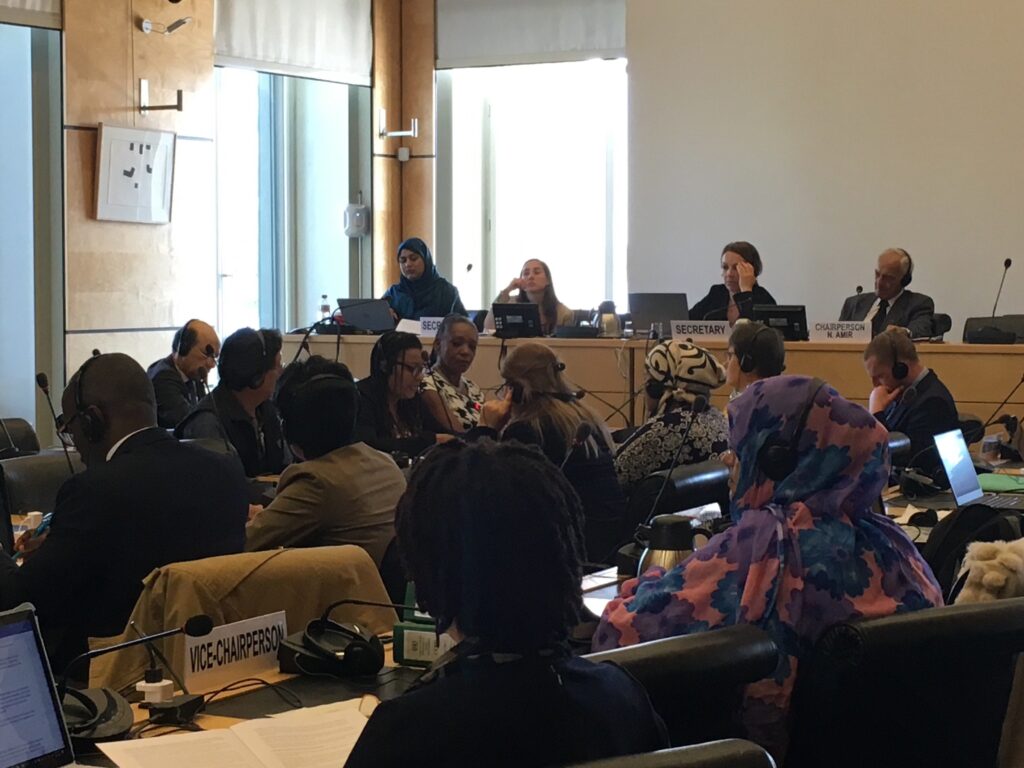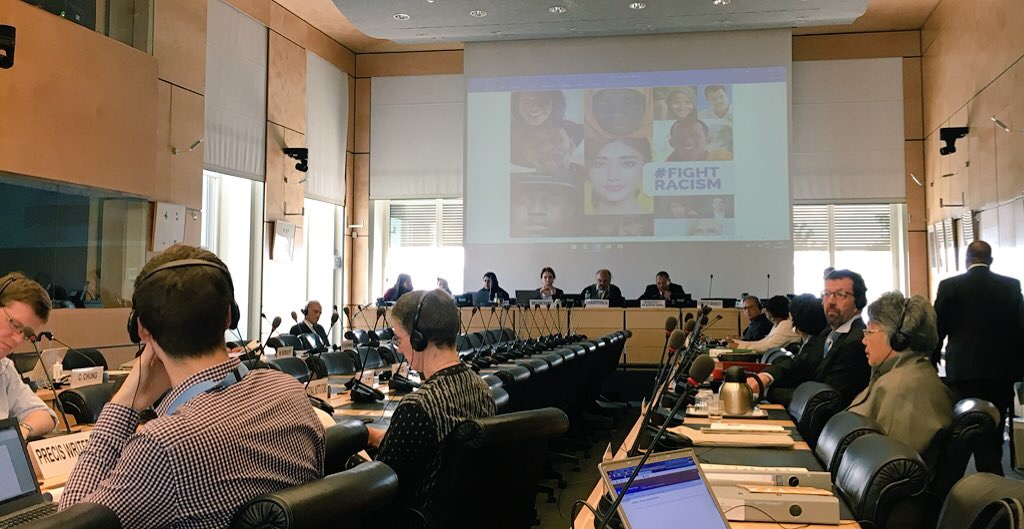Race and Equality: The Cuban government must grant political prisoner José Rolando Casares Soto full and unconditional liberty
Washington, D.C., August 20, 2020.- On Wednesday, August 19, the International Institute on Race, Equality and Human Rights (Race and Equality) confirmed that Cuban political prisoner José Rolando Casares Soto was released under conditional liberty via a phone call with Mr. Casares. As an organization dedicated to defending and promoting human rights, we celebrate the fact that Mr. Casares, an activist and member of the Cuban Youth Roundtable (Mesa de Diálogo de la Juventud Cubana) has been released from prison and can rejoin his family; however, we continue to insist that the Cuban government grant him unconditional liberty and rescind his convictions, as well as that of his wife Yamilka Abascal Sánchez.
Mr. Casares was one of the activists whose stories were highlighted in our report Premeditated Convictions, which examined the Cuban government’s strategies for criminalizing its opponents. In July 2016, Mr. Casares and Ms. Abascal attempted to defend a friend who was being detained by the police. As a result, Mr. Casares was arrested and detained for a week. During his detention, he was forced to undergo a strip-search and interrogation. Authorities informed him that he would be charged with “assault” and “resistance,” but he was not informed of any proceedings until six months later, when he and his wife were summoned to trial.
Sentencing
The couple were tried together in a trial that was closed to the public and did not include guarantees of due process. Ms. Abascal was convicted of “contempt” and served a two-year “limitation of liberty” sentence in their home, while Mr. Casares was convicted of “assault” and “sexual obscenity.” This second charge emerged due to the police’s claim that he had taken off his own clothing while being arrested, when in fact he was forced to do so as police searched for a flash drive containing information about the Cuban Youth Roundtable.
Mr. Casares was originally sentenced to five years’ correctional labor without internment. On March 24, 2017, he was ordered to present himself at the state-run Civil Construction firm of his municipality but refused to do so in protest of his conviction. As a result, his sentence was changed to five years in prison.
After the order to appear on March 24, Mr. Casares did not receive another official communication from the court or the Ministry of the Interior (which oversees the penal system) and did not learn of his new sentence until he was arrested off the street, on his way to buy medicine for his children, on August 3. The five-year sentence is noteworthy for being longer than the 1- to 3-year sentences typically given to political prisoners.
Three years of suffering
Mr. Casares was held in Kilo 5 Prison in Pinar del Río until August 2019, when he was transferred to the Kilo 4 Penitential Center, a minimum-security facility. During his imprisonment, he suffered complications from a dental implant that was broken during his arrest, along with an intestinal prosthesis that he has had since childhood. On May 11, 2020, he was transferred to a hospital after suffering severe stomach pains for several days. At the hospital, he learned that he had a kidney stone. He received an injection for the pain but was not given any other treatment.
Mr. Casares has spent three years of life in prison, separated from his wife and children, for no reason other than his political beliefs. When he was arrested August 2017, his daughter was only 1 year old, and his younger son had just been born in April. “At last our children will enjoy the love from their father that they lost for three years … I will continue demanding the liberation of all political prisoners who are still incarcerated unjustly,” Ms. Abascal wrote on Facebook. During the family’s ordeal, Cuban security officials threatened her with the loss of custody of their children if she continued to denounce her husband’s treatment.
On August 18, the government finally approved Mr. Casares’ latest request for conditional liberty, allowing him to return home. However, he is still subject to various restrictions.
Upon being freed, Mr. Casares emphasized that other prisoners who have committed no crime remain in Cuban prisons and that he plans to continue exposing the inhumane conditions in which political prisoners are held.
Irregularities
Race and Equality has presented petitions to the United Nations Working Group on Arbitrary Detention on Mr. Casares and Ms. Abascal’s behalf, documenting how both of their detentions were arbitrary in violation of Cuba’s international obligations.
Among the irregularities documented were the lack of a legal justification for their arrest, the lack of a court order to keep them in prison, authorities’ failure to inform them why they were being held, and Mr. Casares being held incommunicado for seven days without court oversight. The Cuban state has plainly violated their rights to freedom of opinion and expression, enshrined in Article 19 of the Universal Declaration of Human Rights and the International Covenant on Civil and Political Rights.
These rights violations are retaliation for the couple’s work with the Cuban Youth Roundtable to denounce the government’s abuses and seek electoral reform. Race and Equality demands that Mr. Casares be granted full, unconditional freedom and that his fundamental rights be respected.




